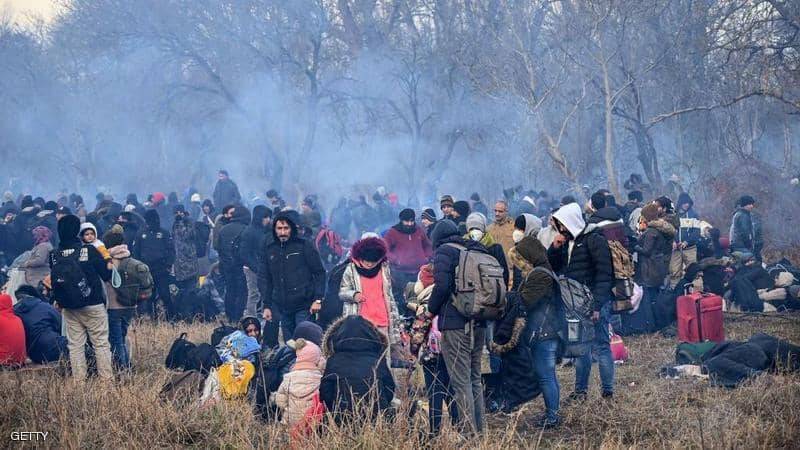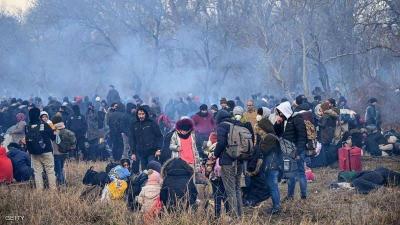The tensions in Turkish-Greek relations persist on multiple fronts, from the crisis over gas exploration in the Mediterranean and disagreements regarding energy resource ownership, to the migrant crisis, with differences deepening and increasing further.
Today, Greece submitted a request to the European Union for assistance in immediately returning 1,500 migrants to neighboring Turkey after Greek authorities refused to grant them asylum. Turkey continues to refuse to accept these migrants, using this humanitarian issue as a tool for blackmail and pressure on the European Union. The Greek request for EU assistance pertains to "migrants from third countries who do not have international protection." According to the Greek Ministry of Migration, the asylum seekers whose applications have been rejected are currently living in accommodation and registration camps on Greek islands near the Turkish coast, with 995 in Lesbos, 180 in Chios, 187 in Kos, and 128 in Samos.
Greek Minister of Migration Notis Mitarachi stated that Europe must establish a joint mechanism to address this issue within the framework of the new asylum charter, as well as implement the necessary legal procedure to facilitate these returns. Following the migration crisis of 2015, an agreement was reached between the EU and Ankara to prevent migrants from coming to Europe, under which Turkey would return rejected asylum seekers in Greece in exchange for financial support from Europe. Turkey accuses the EU of failing to meet its obligations, while there are 3.6 million refugees, mostly Syrians, in its territory.




